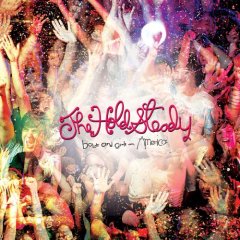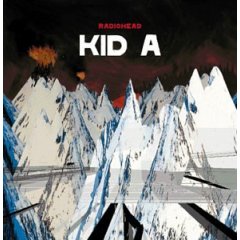Boys and Girls in America by The Hold Steady

Rock and Roll today it seems, is almost bereft of people with something to say. Platitudes abound, like the singer just couldn't be bothered thinking of anything particularly creative or relevant. Just sing something nice, or sad, or angry, or winsome. The Hold Steady's Craig Finn bucks that trend with a vigour that is as admirable as it is awesome. Too rare it is today to find that rare vocalist who is both articulate, literate, and manages to have kept his/her finger on the pulse enough to write songs that people feel they can relate to. And not in a Panic! at the Disco kind of 'I hate my mum, she never really loved me, why does no one understand me?, Oh I hate being a teenager' way. By telling tales of low lifes, drunks, average Jjoes and Jjills who all hang out at bars and drink and bond, much in the way Tom Waits built a career on, the songs weave narratives of people who we feel we know 'She put $900/On the 5th horse/in the 6th race/I think it's name was Chips Ahoy', even if they are a little fantastic 'we hung out in the car/And I drank out of a purse'.
And that's before we get to the music. Rooted in Bruce Springsteen as much as the Sex Pistols and the aforementioned Mr Waits, it seems the Hold Steady have no idea why Punks and Old School rockers drink in separate pubs. Riff heavy guitar and power chords rock around, with a tinkling (or pounding) piano crashing or caressing song after song. And just when you think it's all a little bit E Street, in comes 'First Night', one of the best, heartstring-tugging, country-influenced, mournful love songs you'll hear all year.
Every time you start thinking that smart people have stopped enjoying straight-out rock music, along comes a band like The Hold Steady to remind you that it's ok to just be rock and roll.
4 1/2 stars
Labels: Boys and Girls in America, Hold Steady




